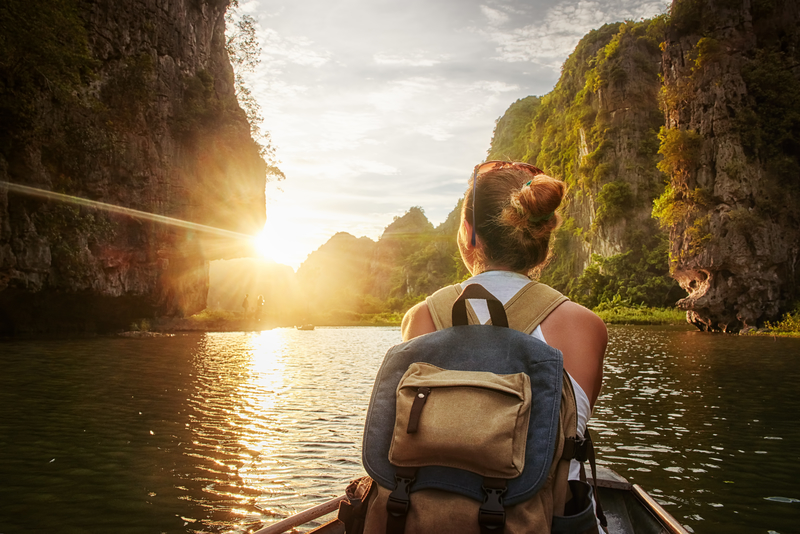Traveling can be a great way to experience different cultures, explore new places, and get away from the hustle and bustle of everyday life. But while you’re out exploring, it’s important to remember that there are potential risks associated with travel – including the possibility of picking up parasites. From knowing which countries have higher rates of parasitic infections to avoiding contaminated food or water sources, these tips will help you stay safe on your next adventure.
Watch What You Eat
When traveling, it’s essential to be mindful of what you eat to avoid parasites. Consuming raw or undercooked meats, seafood, or vegetables can expose you to parasites such as tapeworms, hookworms, and giardia. To avoid these parasites, it’s best to stick to cooked foods and wash fruits and vegetables with clean water before consuming them. It’s also important to avoid consuming food and water from street vendors or unknown sources as they may not have followed proper hygiene practices. It’s best to avoid consuming unpasteurized dairy products and beverages as they can cause food poisoning. In areas where tap water isn’t safe to drink, be sure to use bottled water or filter your own with a portable filtration device.
Keep Pests Away
Parasites can be transmitted to humans through bites from fleas, mosquitoes, and ticks. Even pests like fleas are known to carry tapeworms. It’s essential to take steps to keep pests away when traveling. Wear long sleeves and pants, use insect repellent containing DEET, and avoid areas with standing water or where pests are prevalent. Make sure to inspect your accommodations for signs of pest infestation, such as bed bugs or fleas, and report it to management if found. Lastly, use caution when bringing items into your home from outdoors, and make sure to thoroughly clean them before bringing them inside. Taking these simple steps can help you keep pests away and avoid contracting serious diseases.
Be Careful Where You Swim
Swimming in contaminated water can lead to infections by parasites such as schistosomiasis, which is prevalent in freshwater bodies in developing countries. When swimming, stick to designated swimming areas and avoid swimming in areas with stagnant water, as they are more likely to be contaminated. It’s also a good idea to shower after swimming to remove any parasites that may be on your skin. Wear protective clothing, such as a wetsuit, to protect yourself from the sun and from any parasites that may be in the water. Lastly, never swallow the water you swim in, as it could contain harmful bacteria or viruses. If swimming outdoors is unavoidable and there’s no way to avoid contact with potentially contaminated water, you should at least be aware of it and take the appropriate precautions. Be sure to use a good-quality water filter, drink plenty of clean filtered water, and practice basic hygiene such as washing your hands before eating.
When traveling, it’s important to take steps to avoid parasites. This includes being mindful of what you eat, keeping pests away, and being careful where you swim. By taking these precautions, you can help ensure that your trip is enjoyable and free of any unwanted illnesses.
Did You Enjoy Reading This Article? Here’s More to Read: Tips for Creating a Safe Nursery for Your Newborn



